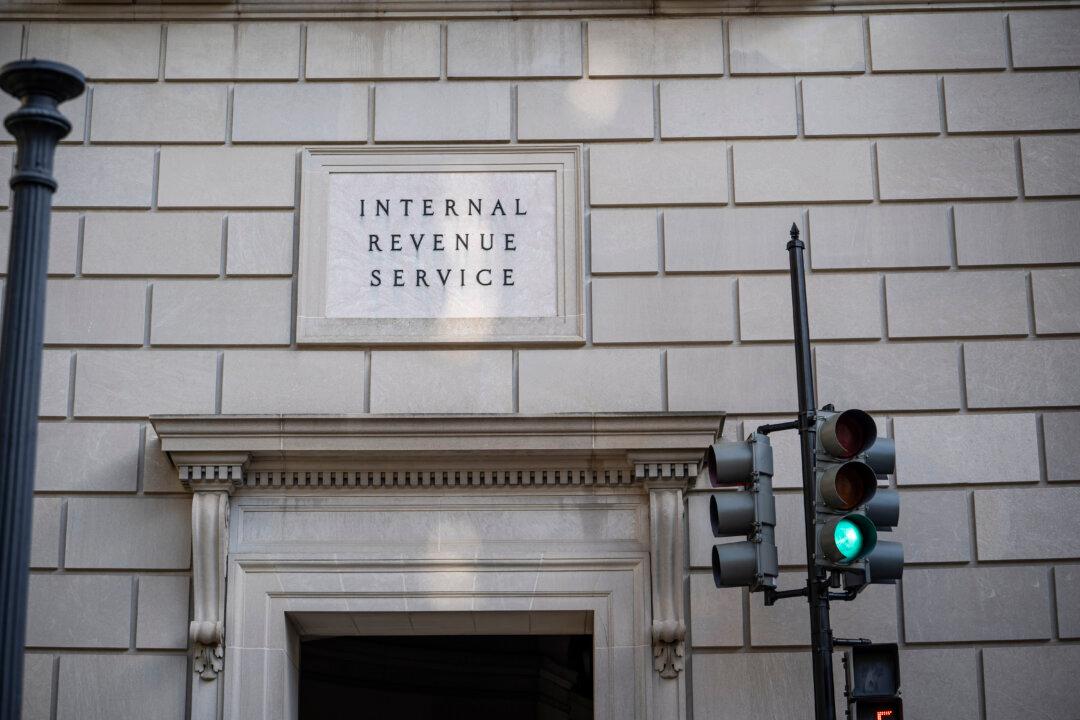The Internal Revenue Service (IRS) has announced that it has recouped $4.7 billion in back taxes and proceeds from a wide range of crimes, bolstered by new tax enforcement initiatives and hiring, made possible by billions of dollars in extra funding through the 2022 Inflation Reduction Act (IRA).
The IRS made the announcement in a Dec. 12 release, which comes amid political uncertainty over the future of IRS funding, with Republicans poised to take control of Congress and pledging to reassess the agency’s budget.





